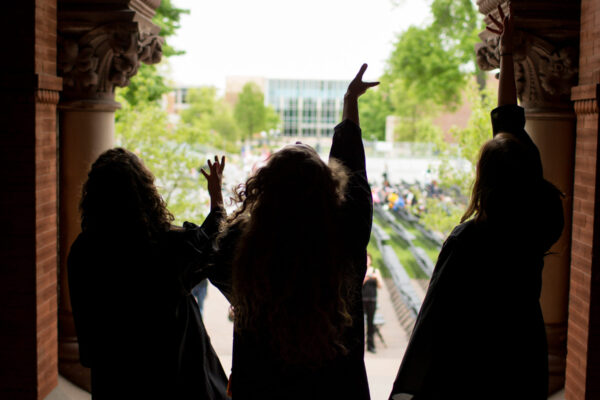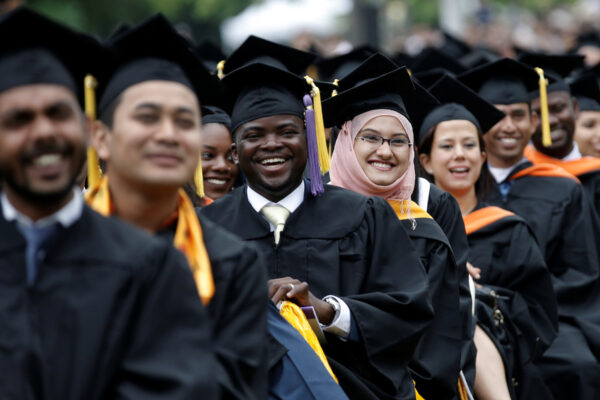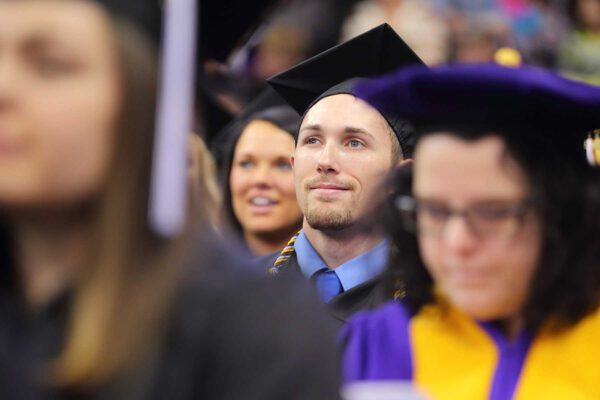Do Neighborhoods Matter for College Graduation?
Title: The Varying Effects of Neighborhood Disadvantage on College Graduation: Moderating and Mediating Mechanisms
Source: Sociology of Education, Volume 92 Issue 3, July 2019
Author: Brian L. Levy, Ann Owens, and Robert J. Sampson
A recent article in Sociology of Education examines how living in a disadvantaged neighborhood affects college graduation, highlighting variations across different racial and ethnic and socioeconomic groups.
Using longitudinal data from the Project on Human Development in Chicago Neighborhoods (PHDCN), the authors found that living in a disadvantaged neighborhood is associated with a lower likelihood of graduating from college, even after individual characteristics and neighborhood selection bias are taken into account.
The study also explores race and class-based heterogeneity in neighborhood effects. The neighborhood disadvantage is most pronounced among high-income Black and Latino children, who experience the largest reduction bachelor’s degree attainment when their exposure to a disadvantaged neighborhood environment increases.
The neighborhood effect is only marginally significant among low-income Black and Latino children and not significant at all among White children. The findings suggest that minority children from advantaged backgrounds might be especially susceptible to disadvantaged social environments compared to their White counterparts.
This study points to the importance of neighborhood context in shaping college outcome and might inform policies aimed at improving college completion.
Click here to read the article
—Yuan He
If you have any questions or comments about this blog post, please contact us.


